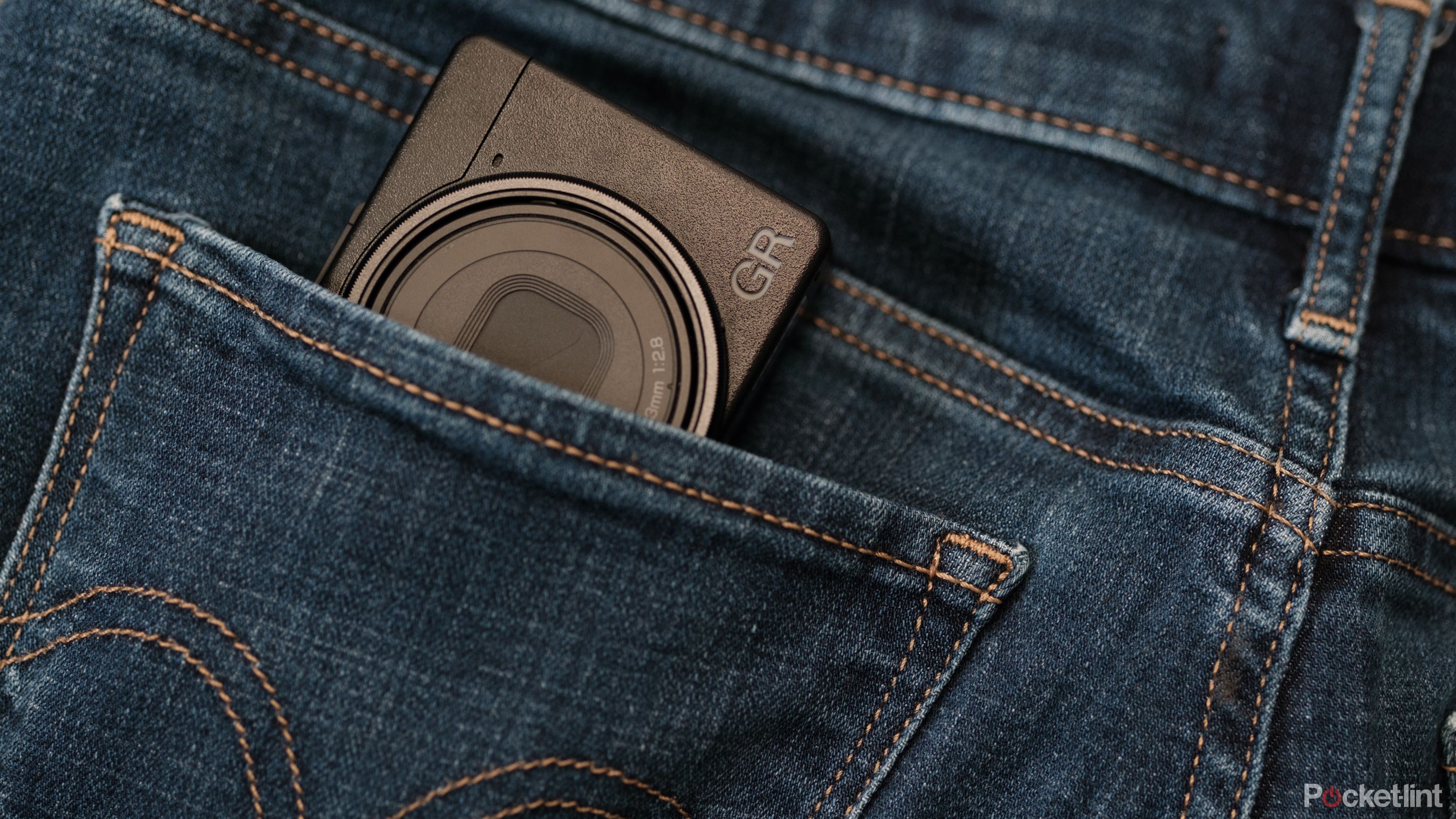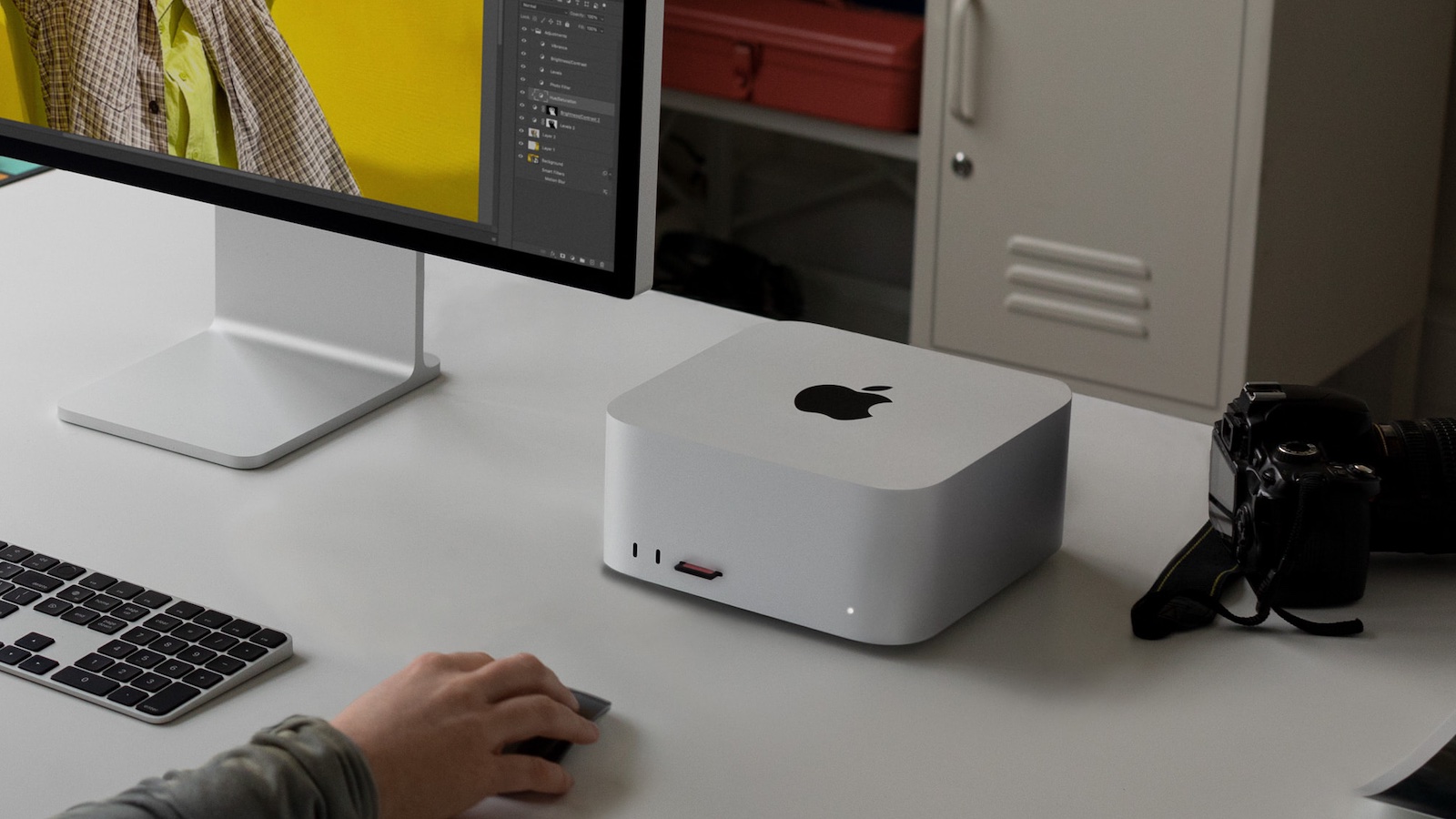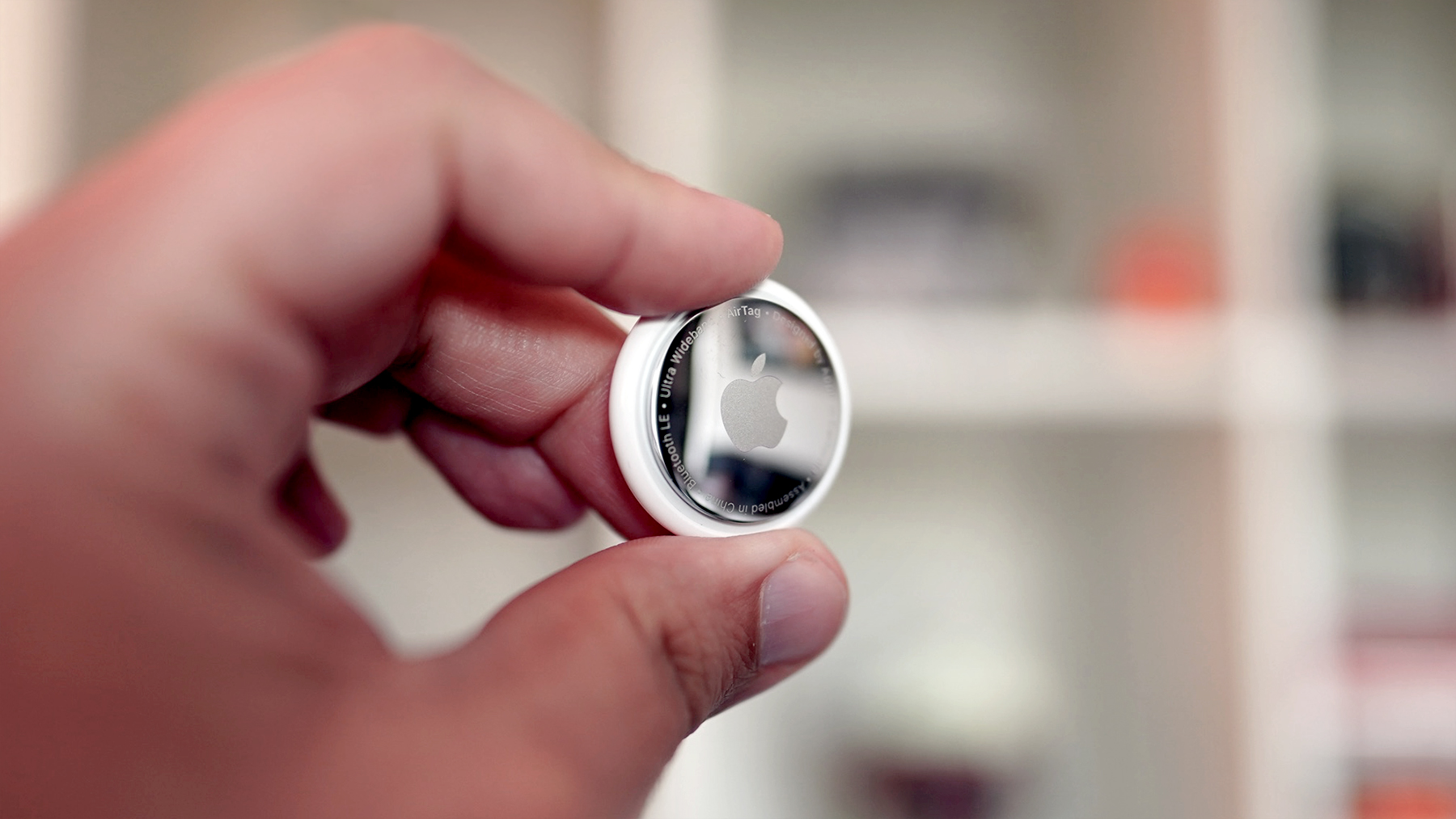Samsung Galaxy Watches (and the Galaxy Ring) could get an AI-powered heart health upgrade
[[{“value”:”
Samsung is looking to change how its wearables treat heart health data, with a new patent looking to improve its device’s ability to check for irregular heart rate and signs of atrial fibrillation. Its existing smartwatches (and most of the best smartwatches in general) can do this by carrying out ECG, or electrocardiogram scans, but as ECG scans need to be actively started by the user, it’s difficult to use the data to paint a more holistic picture of a user’s heart rate.
Thanks to a new Samsung patent, however, that could all change. Spotted by Wareable, a new U.S. patent suggests the company is looking to “translate PPG signals to corresponding ECG waveforms”. Essentially, Samsung is looking to take the continuous heart rate data it normally collects, and transform it into ECG data.
Last year, Samsung won FDA approval for passive atrial fibrillation, or AFib monitoring, on the Galaxy Watch 5, and this new patent would be a natural extension of that. By constantly touching base with your heart rate to map out a regular ECG whether you’re running one actively or not.
This would be achieved through a generative AI system that would create a better relationship between heart rate rhythms and ECG data. This relationship is known in scientific terms as a “first-order Markov relationship”.
Samsung notes that when checking for AFib, false positives may occur when translating the heart rate data into ECG results, but this will be countered by “incorporating prior knowledge in terms of probabilistic graphical models”, or fact-checking the data using AI.
(Image credit: US Patent Office/Samsung)
Which devices will get it?
It’s worth stressing that this is still a patent, and it’s not entirely uncommon for companies to patent ideas that are years away from materializing – or that never materialize at all.
If you have an existing Samsung Galaxy Watch with an ECG function (that’s the Watch Active 2 and Watch 3 onwards), you may have a chance at running this algorithm when it arrives.
It’s perhaps more reasonable, given how those devices are a few years old, to expect it to come to the upcoming Galaxy Watch 7, the revamped Galaxy Watch 4, orthe rumored Galaxy Watch Ultra.
Interestingly, the Samsung Galaxy Ring is also expected to offer ECG functionality, which means Samsung’s smart ring could be one of the first to take advantage of the new tech.
You might also like
CMF Watch Pro by Nothing review: A great value smartwatch, but not perfectThe Apple Watch 10 could get a battery life boost thanks to an upgraded displaySamsung Galaxy Watch 7: what we want to see
“}]]




